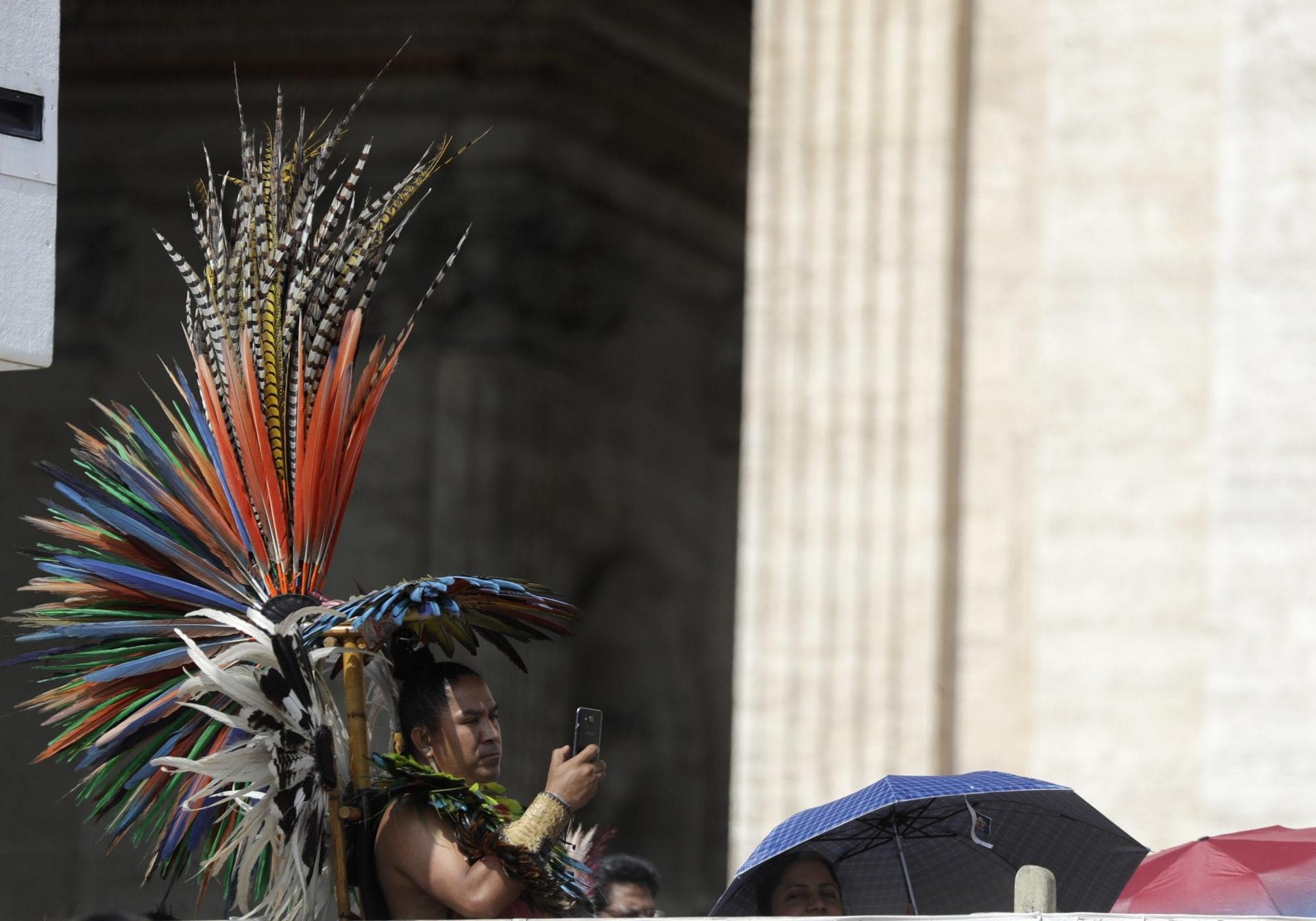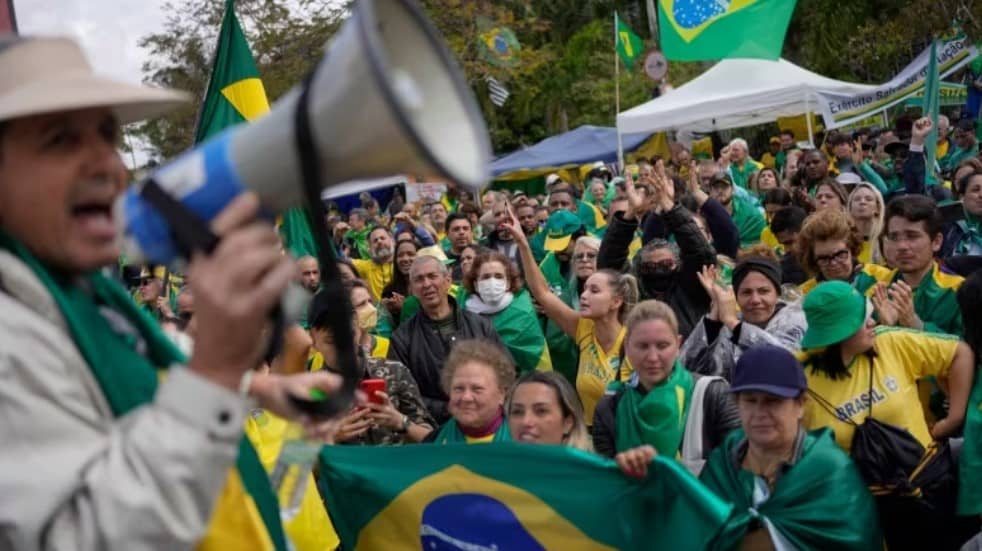ROME – When the Synod of Bishops on the Amazon rolls around in October, the long-debated possibility of ordaining mature, married men to the priesthood in areas where there are priest shortages will be brought to the table, according to one Brazilian theologian.
Speaking to Crux, Jesuit Father Francisco Taborda, a professor of theology at the Jesuit university in Belo Horizonte, Brazil and an author of numerous books on the sacraments, said one of the primary pastoral challenges in the Amazon region is access to Mass, especially for indigenous populations who often live in rural areas that are difficult to reach.
“The Eucharist is central in the Christian life,” Taborda said, and lamented the fact that many communities in the Amazon only receive the Eucharist at most four times a year, which is “a very big problem.”
“There is a shortage of priests,” he said adding that this can lead “to a re-thinking of how it can be done so that every community…can have the Sunday Eucharist.”
Asked if this “re-thinking” included the ordination of so-called viri probati, meaning mature, married men who are strong in their faith and who would usually be considered as candidates to be ordained deacons, Taborda said “that’s what this is about.”
“In the final analysis, the solution that could be seen is this one,” he said, explaining that the topic will come up in the synod hall.
On the way back from World Youth Day in Panama, Pope Francis voiced openness to the idea, telling journalists that while he believes priestly celibacy “is a gift to the Church” and is “not in agreement” with making this optional, it could be considered a possibility in areas where there is a pastoral need.
Giving the Pacific Islands as an example, the pope said, “It’s something to think about when there’s a pastoral need,” and that in these cases, “the shepherd has to think about the faithful,” meaning it would be up to the local bishop to make the decision based on the needs in his diocese.
Taborda said that in his view, Francis did not reference the Amazon because with the synod drawing near, “this could lead the bishops of the synod to feel less free in making a decision.”
Set to take place Oct. 6-27, the gathering of bishops will address the topic of “The Amazon: New paths for the Church and for an integral ecology.”
Taborda was among the keynote speakers at a Feb. 25-27 study seminar on the synod, which drew participation not only from the Vatican official in charge of the Synod of Bishops, Italian Cardinal Lorenzo Baldisseri, but other heavy-hitters in the region such as Brazilian Cardinal Claudio Hummes as well.
Another issue Taborda said is likely to come up during the synod is the possibility of replacing bread used in the consecration of the Eucharist with yuca – a shrub native to South America which is commonly cultivated as an annual crop in tropical regions, where it is popular to eat the root of the plant.
The reason for proposing the change, Taborda said, is because the bread normally used in Latin rite Masses turns into a pasty mush during the Amazonian rainy season due to the intense humidity, meaning “it’s not bread, and if it’s not bread, it’s not the Eucharist.”
“In the Amazon, bread is made out of yuca,” he said. And while changing material used in the Eucharist is “a very complex question,” he believes it should be decided by the local bishops and will likely be mentioned during the October discussion.
Tensions between the Catholic Church and the populist, right wing government of Brazilian President Jair Bolsonaro have been heating up in recent days, with military officials accusing the bishops attending the synod of pushing a “leftist agenda.”
According to a Feb. 10 article published in Brazilian paper O Estado de S. Paulo, the military sees the Church “as a potential opponent” and wants to “neutralize” any criticism of the government that might come out of the synod.
General Augusto Heleno, the chief minister of the National Security Office and a close Bolsonaro advisor said there is a strong concern about the synod, as “there has long been influence of the church and of NGOs in the [Amazon].”
The government’s job, Heleno said, is to “strengthen Brazilian sovereignty and avoid that foreign interests prevail in the region.”
Conflict over territory and the presence of international companies in the Amazon region has long been a sore spot, as many international actors seek to establish a presence in order to harvest the region’s resources.
Speaking of the government’s criticism, Taborda called Bolsonaro’s government “absolutely incapable,” and stressed that the Amazon “is not the property of one country, neither of eight or nine countries. It’s a global question.”
Another problem driving a wedge between the Vatican and Bolsonaro is climate change, which has been a major agenda item for the Vatican for the past four years, but which for Bolsonaro is less of a priority.
The government, Taborda said, “shares the position of Trump on the climate,” something Bolsonaro himself said during his campaign – though he has yet to back out of the Paris Climate Agreement.
Bolsonaro’s government holds that “the climate issue is cultural Marxism,” Taborda said, adding that “this is something totally without reason.”














